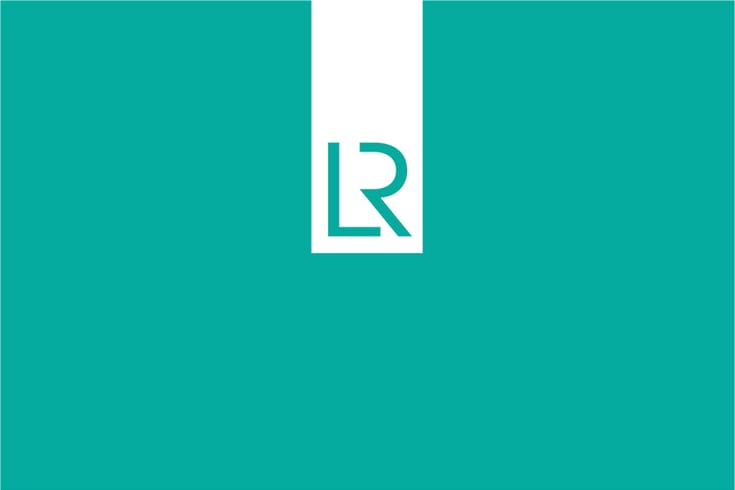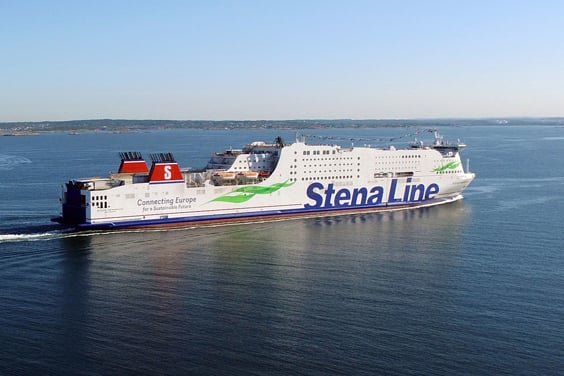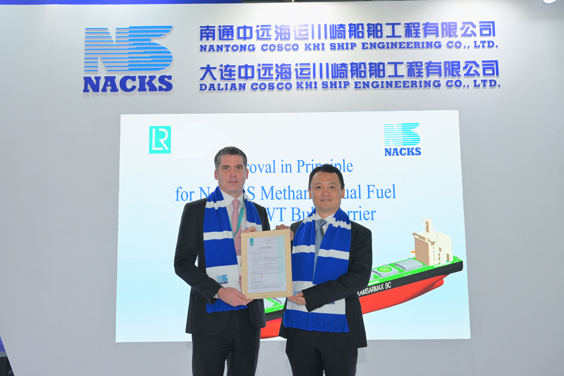Paul Herbert gives an introduction and overview to methanol as a fuel for shipping including technical challenges, safety elements and sustainability in this video.
Paul is Global Technology lead for Methanol and a Principal Technology Specialist with Lloyd's Register, with over 20 years of experience in engineering in the shipping industry. He is a technical authority for marine, methanol-based fuel systems and has full authorisation for the approval of alternative fuels systems, including methane (LNG/LPG), methanol, hydrogen, and ammonia. He also has extensive experience in marine classification, machinery, emissions abatement systems, BWTS vessel integration, LR Risk Based Certification (LR RBC), and classification of naval vessels.

Methanol as a fuel for shipping - Frequently asked Questions
The most challenging aspect of using methanol as an alternative fuel for ships is the limited storage space required due to its lower energy density compared to conventional fuels.
While traditional methanol production methods are unsustainable, sustainable alternatives like bio-methanol and e-methanol offer promising solutions for reducing emissions in the marine industry. These methods produce methanol without emitting harmful gases, contributing to a cleaner and greener future for the maritime sector.
Methanol storage in ships typically involves converting existing integral tanks or building new ones specifically for methanol storage. These tanks require corrosion protection and strengthening of welds to accommodate methanol's unique characteristics. While independent or portable tanks are possible options, converting or purpose-building integral tanks is generally the most viable approach.
There is no consolidated solution available to replace the direct requirements of the rules, either the Low Flashpoint Fuel Rules Part A1, section 11 or five. That is the requirements for fire safety regulations and also for the strength requirements and collision protection requirements. The Risk based certification process does allow for alternative solutions to be proposed by clients. On the completion of the risk assessment process, the certifier may well consider the equivalent solution viable for installation on the vessel, but of course this is pending the findings and scrutiny of the risk based certification process.
Methanol is gaining traction as a marine fuel, there is interest for various vessel types including passenger ferries, container ships, cruise ships, offshore supply vessels, and Ro-Ro cargo vessels. The development of sustainable methanol and the reliability of its supply chain are driving this interest. Lloyd's Register is well-positioned to support this transition, having developed methanol rules and gaining experience in assessing the risk-based associations with this fuel, going back to the Stena Germanica passenger ferry which was retrofitted to run on methanol as a fuel, the first vessel of this type, classed in 2015.
Back to: Methanol hub













